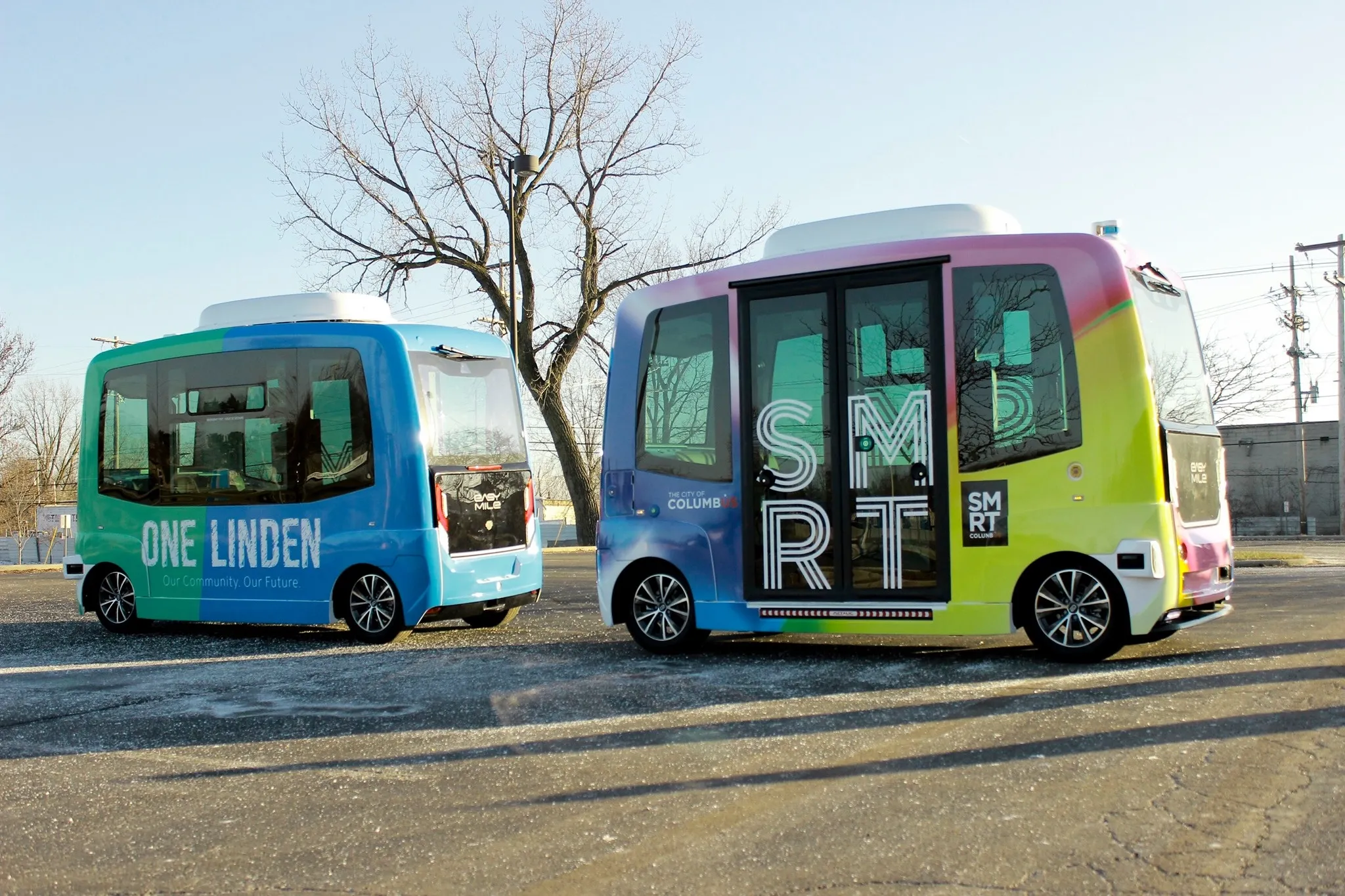The National Highway Traffic Safety Administration (NHTSA) has temporarily suspended EasyMile’s autonomous shuttle service in the US after a passenger fell from their seat.
By Ben Spencer
March 6, 2020
Read time: 1 min

EasyMile says the EZ10 shuttle was travelling at 7.1 miles per hour and carried out an emergency stop in the Linden residential area of Columbus, Ohio.
EasyMile is now running test loops on the ground for further analysis into the cause of the incident.
Customer service ambassadors are trained to remind passengers to hold on when a vehicle is in motion, the company adds.
The autonomous shuttles are still being tested on roads without passengers in US states such as Utah, Texas and Colorado, where the NHTSA is performing its review.









